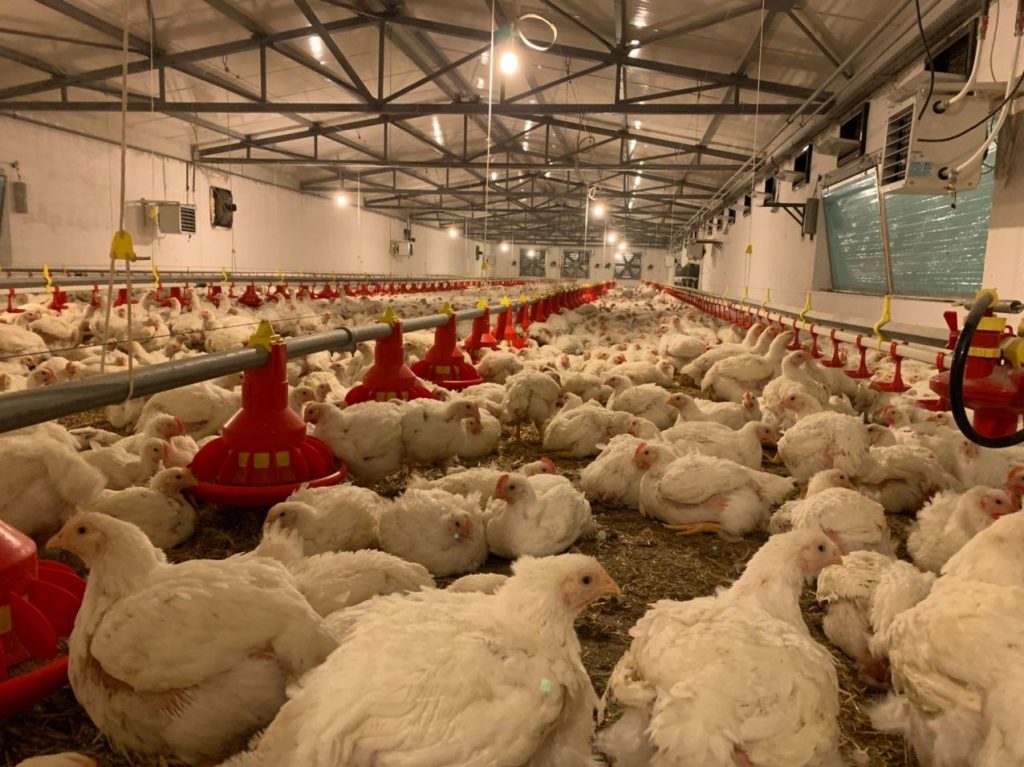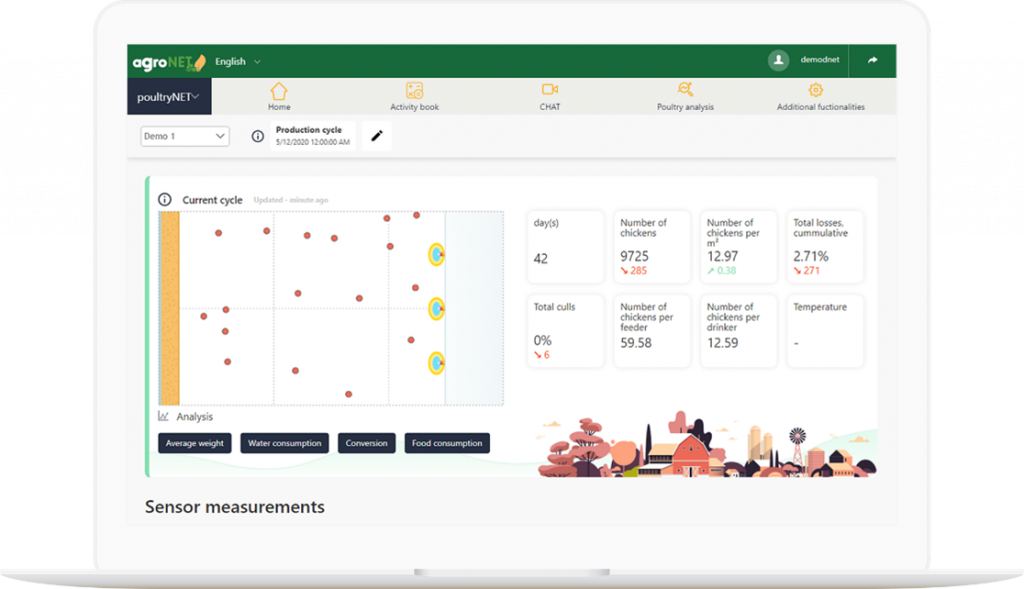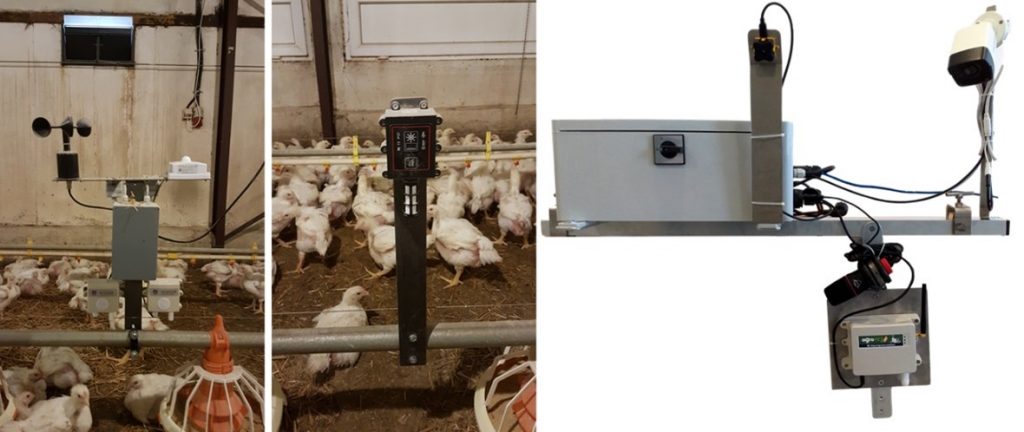
In this edition of our Interview Series, we talk to Senka Gajinov, Product Manager from DNET to learn more about Pilot 4.4 that she is involved in.
-
Can you tell us a bit about your organisation and your involvement in the DEMETER project?
DNET Labs is a research and innovation branch of DunavNET group, responsible for running collaborative research and innovation projects in different domains as well as to explore new technological domains to support development of new solutions. The primary focus of the company’s projects is the digitization solutions for the entire food production chain, from farm to consumer, in order to achieve more efficient production and higher quality products. DunavNET have created an agroNET platform addressing different problems in crop and livestock production.
Under DEMETER project, we are leading Cluster 5 and additionally one pilot in Cluster 4 which are focused on both on–farm and post-farm activities. Such approach will enable us to validate interoperability of platforms and solutions used in different sectors. Additionally, our involvement in DEMETER project will help us to make agroNET widely recognized and accessible to EU farmers and to facilitate integration of our solution with other smart agriculture solutions thus providing a basis for creating a transparent food supply chain.
-
What pilot cluster and pilot project are you involved in/leading?
In Cluster 4 we are leading Pilot 4.4 which is focused on poultry farm management, from providing guidance and support regarding biosafety and feed mixture preparation to continuous monitoring of environmental conditions, operations and animal welfare.
Additionally, we are leading Cluster 5 which runs pilots across several sectors: fruits, vineyards, cattle, poultry, apiculture addressing both supply and demand sides of the supply chain. The objective is to support farmers providing decision support and additionally to collect relevant data related to post-farm activities thus setting up the basis for providing transparent food supply chain.
-
What is the objective of the pilot project?
The objective of Pilot 4.4 is to deploy and validate existing open platforms designed for integrated poultry farm management with focus on preserving the wellbeing of the chicken. Data gathered during the production will serve as the basis for execution of pilots in the context of Cluster 5, where the transparency of the whole supply chain is addressed. Pilot activities organized across 4 countries (Serbia, Montenegro, Slovenia and Holland) ensure diverse inputs and potentially wide impact.
-
What approach are you taking?
Chicken farms in general do not have integrated farm management systems that can provide a holistic view of the farm activities. Some partial solutions exist, enabling farmers to see raw measurements, usually available on-site only, thus limiting their usability. On the other side, consumers requirements are becoming bigger not just in terms of quantity by also in terms of quality and especially in animal wellbeing.
Under the Pilot 4.4 DNET’s platform focused on poultry farm management (poultryNET) is used as a basis for achieving the main functionalities for the pilot and providing complete insight into production process.

Image 1: poultryNET platform
IoT devices are installed in poultry farms across Serbia, Slovenia, Montenegro and Holland to collect relevant data (environmental conditions, chicken behaviour and vocalisation, food and water consumption) that are later processed and analysed using several data analytics and AI based algorithms.

Image 2: Poultry devices installed
Advice and suggestions on activities to be undertaken in order to optimize growing conditions, early detect stress issues and improve farm operation are created to the farmers. The main benefit for the farmers is complete insight into the whole production process that leads to improving animal welfare and better product quality.
-
What other stakeholders are involved in the pilot?
Project is run with joint forces of DNETlabs from Serbia, ICT Cluster from Slovenia, University Donja Gorica from Montenegro and farmers that provide sites for device installations. We are using farmers feedback for upgrading the existing functionalities as well as consumers demands to define a set of data that will make supply chain transparent enough.
-
What are the expected outcomes of the pilot project?
After successfully ending the project we expect to have fully validated solutions with implemented interoperability mechanisms and an expanded feature list, to establish new partnerships and better understand the needs of all stakeholders in the value chain.


